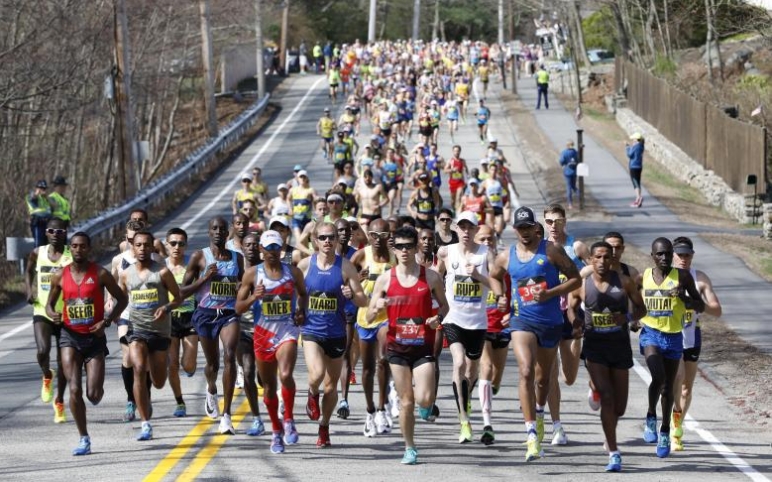Officials of the Boston Marathon are allowing transgender runners to compete based on their preferred gender on Monday, April 16. The decision to allow transgenders to compete in sporting arenas according to their own gender preference has caused some to question whether they have an unfair advantage due to factors like build and testosterone levels.

Five transgender women have reportedly registered for the marathon.
The Boston Athletic Association (BAA), however, pointed out that its policy in support of transgender runners has been enforced for years. The same policy also exists in huge marathon events held in London, New York and Chicago.
"We don't require that runners outline their gender identity history with us, so we can't say for certain how many trans runners are in our race," the organizers told NPR. "We do know that we have had several transgender runners in the past."
Marathon racers have to show a government ID when they register and get their number at the Boston Marathon, but the organizers admitted it does not have a specific policy in cases where the gender listed in the ID is different from the runner's preferred gender. The BAA told NPR it is resolving this issue with a push towards "inclusion."
"Members of the LGBT community have had a lot to deal with over the years, and we'd rather not add to that burden," BAA chief Tom Grilk also told Boston Herald.
Health expert Dr. Alex Keuroghlian of the Fenway Institute in Boston also said that there's no scientific proof to transgender women having an advantage in the race because of their testosterone levels. The doctor told Boston Herald that this was a "misconception and myth," and added that transgender women who are taking hormone pills could actually develop side effects like sluggishness, lowered endurance and dehydration.
The race on April 16 will be the Boston Marathon's 122nd. In the past, women runners were actually not allowed to join the competition until the rules changed in 1971.









